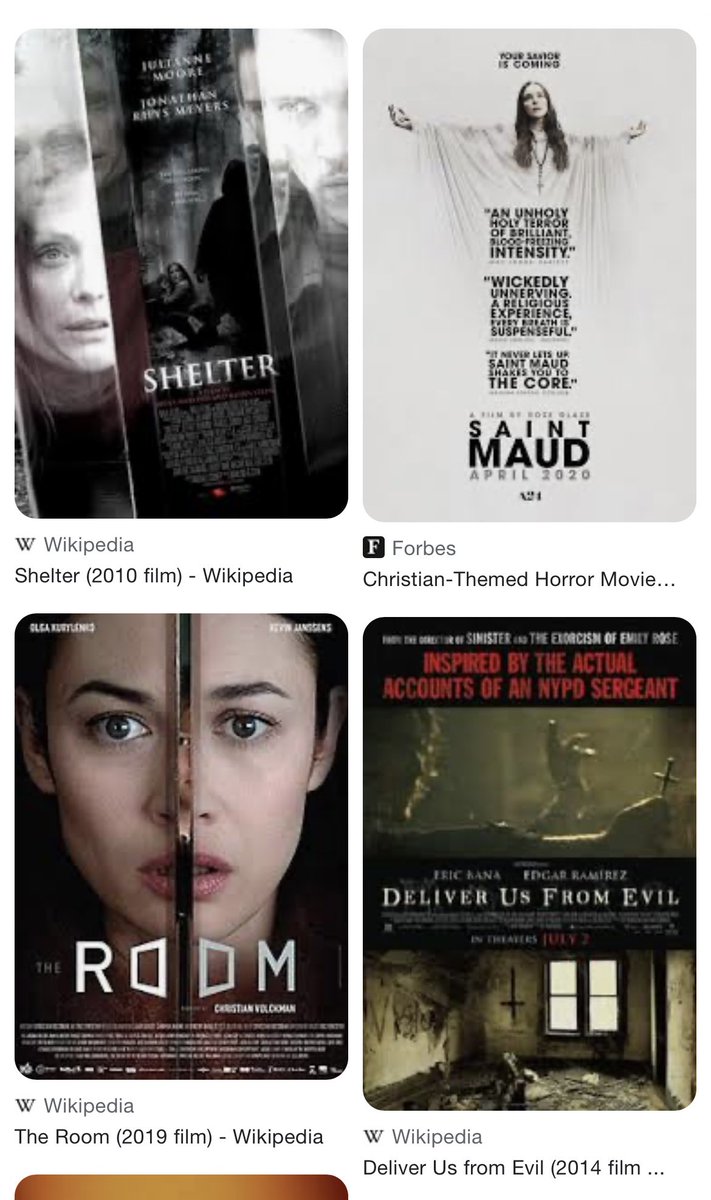I have been working for years to reform practice in child sexual abuse and exploitation - and now it is finally coming to the point where it is working.
I know I’ve made myself extremely unpopular - but it has been worth it to force the field to reflect and improve.
I know I’ve made myself extremely unpopular - but it has been worth it to force the field to reflect and improve.
Sometimes, you’ll work hard and get no recognition and no thanks, sometimes you might even be hated for your work - but it will be worth it to see the change you have made to real lives and the real world.
I knew this would happen to me when I first set out to do it.
I knew this would happen to me when I first set out to do it.
I remember saying to people that it didn’t matter how people viewed me personally, as long as I made the field uncomfortable with poor practice and showed them how to critically reflect and to stop blaming children for being abused and traumatised.
I knew I was annoying and intimidating people, I knew I was upsetting ‘experts’. I knew I was criticising widely accepted views and theories about children, victim blaming and trauma.
But let me tell you, the changes that are coming will be worth every shitty comment, every time I’ve been kicked off a conference, every time I’ve been threatened & every time I’ve had malicious complaints submitted.
I carve out change where it’s needed, not where it’s wanted.
I carve out change where it’s needed, not where it’s wanted.
I don’t talk about the work I do confidentially, but it’s amazing to see it spreading and influencing. The next 12-18 months are going to be huge.
We CAN reform practice and we WILL reform practice. Children deserve better.
We CAN reform practice and we WILL reform practice. Children deserve better.
What I will say, is that I know my work is being used in places without citation & without acknowledging what I’ve done.
That’s really unprofessional, but at the end of the day, my message and my work is still what you’re using, so... I still won.
It’s still improving practice!
That’s really unprofessional, but at the end of the day, my message and my work is still what you’re using, so... I still won.
It’s still improving practice!
• • •
Missing some Tweet in this thread? You can try to
force a refresh









